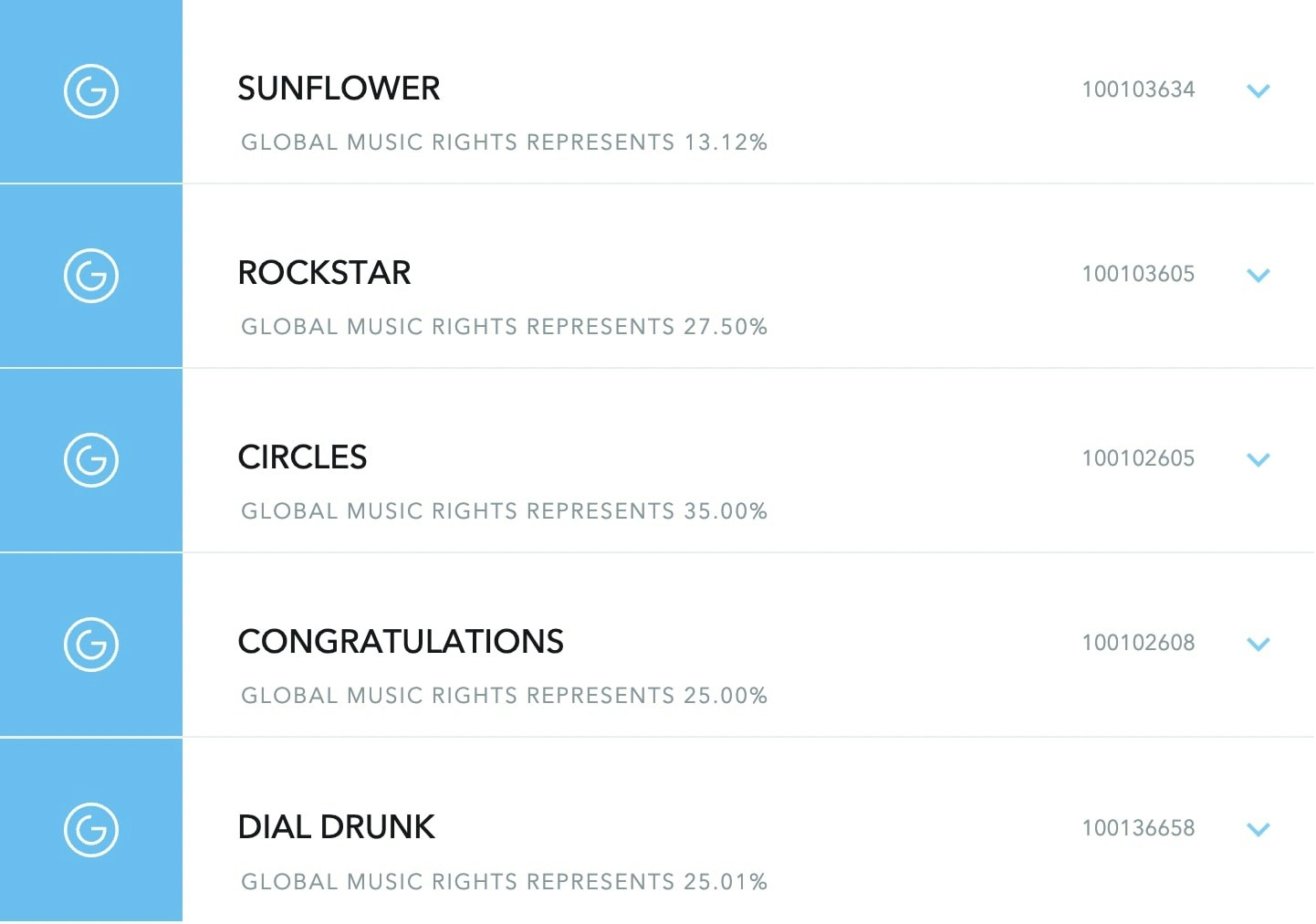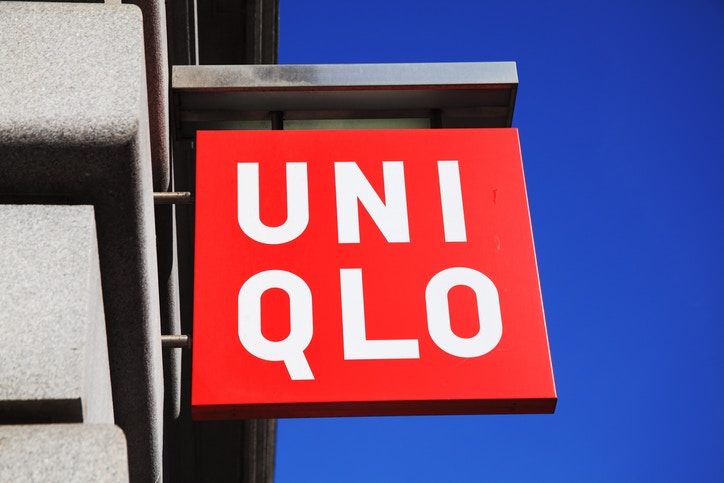Blog
What Is a Public Performance License? Everything You Need to Know

Simply put, a public performance license gives you permission to play copyrighted music from an artist or band in a public place, such as a business establishment. This includes live music performances as well as recorded background music.
Unfortunately, many business owners make the mistake of not obtaining the correct licenses for the music they play. This often results in heavy fines and lawsuits—which can force a business to shut its doors.
To help ensure the music you’re playing in your business is compliant with copyright law—and to help you avoid getting penalized for copyright infringement—here’s a full breakdown of public performance licenses.
We’ll examine how to make sure the musical works you’re playing are covered by your licenses, where and how to get them, and look at how Soundtrack can save you time, effort, and money by bundling licenses from the leading performing rights organizations (PROs).
Let’s get started.
Posted on 18 juin 2024
Public Performance License – An Overview
A public performance license is a formal agreement with the owners of a copyrighted musical composition that allows a user, such as a business owner, to play the composition publicly. A “public performance” includes playing a recording of the song on the radio, posting it for streaming online, using a copyrighted song in a movie or other creative or commercial work, or playing the song in a public place.
Why You Need a Public Performance License
A business cannot play copyrighted music in public or in places with public access, so anyone who wants to legally play music in a business must obtain public performance rights.
Playing music in a business establishment without the right music licenses can violate copyright law and incur fines ranging from $750 to $150,000.
We interviewed a music lawyer about the finer details of public performance licenses, which you can read here.
How and Where to Get a Public Performance License
It’s possible to obtain a public performance license by contacting the PROs or collective management organizations (CMOs) directly. You can identify the specific PROs or CMOs that manage the rights to the songs you want to play by searching through their databases.
However, keep in mind that no PRO or CMO offers universal rights to every song. In fact, it’s common for one song to be written by multiple people, and these songwriters may be represented by different organizations.
For example, if you want to play music by Post Malone, Global Music Rights (GMR) covers only a percentage of the rights each of his following hits:

To play any of these songs, you would need to secure public performance licenses with all relevant PROs or CMOs.
A far easier and more cost-effective solution is to use a B2B music streaming service like Soundtrack, which gives you access to over 100 million fully licensed tracks and more than 1,300 playlists.
Performing Rights Organizations (PROs) Explained
PROs represent songwriters and music publishers. Here are the leading PROs that manage, collect, and distribute public performance royalties in North America:
1. BMI (Broadcast Music, Inc)
BMI is one of the biggest PROs in the United States, with songs from many major artists and groups in their repertoire. In addition to music licensing, BMI offers advocacy and support for artists’ rights.
2. ASCAP (American Society of Composers, Authors, and Publishers)
ASCAP is a major American PRO with over 100 years of performance rights management under its belt. It provides performance licenses as well as collects and distributes royalties among artists.
3. GMR (Global Music Rights (GMR)
GMR is a relatively new PRO with a more exclusive clientele that includes some of the biggest artists in the music industry. This exclusivity allows it to negotiate specific licensing agreements in addition to blanket licenses.
4. Society of Composers, Authors, and Music Publishers of Canada (SOCAN)
SOCAN protects the rights of over 175,000 composers, songwriters, and music publishers. Here’s a link for full details on music licensing in Canada.
Public Performance License FAQ
Here are answers to common questions about public performance licenses. If we don’t answer your question here, contact us.
What is an example of a public performance?
In terms of music, a “public performance” is any instance of playing copyrighted music in a publicly accessible place or commercial establishment, such as a store, bar, restaurant, gym, or grocery store.
This includes:
Streaming recorded music over a sound system.
Playing it from a jukebox, radio station, TV channel, or any other audiovisual medium.
Hosting karaoke.
Featuring live performances of copyrighted music, including cover bands and DJs.
Who needs a BMI, ASCAP, or GMR music license?
Business owners or managers of any commercial establishment who wish to play a musical composition owned by an artist or group, and copyrighted as such, at their establishment need music licenses from BMI, ASCAP, or GMR or other relevant copyright owners.
Alternatively, services like Soundtrack provide subscriptions to music streaming apps that handle all music licensing for you.
How do you license a song for a performance?
To license a song for a public performance, you must:
Assess your licensing needs by determining which PROs own the license to the songs you want to play.
Contact the relevant PROs and CMOs to obtain a singular license for a song or a blanket license for all songs in their catalog. You can also contact the artists, songwriters, or publishers directly.
Understand licensing fees and limits for a public performance, and stay compliant.
Conversely, you can use a commercial music streaming service that bundles licenses and gives you the freedom to choose songs and playlists from their extensive libraries—saving you the hassle and expense of finding your own way through the legal red tape.
Do you need permission to play a song in public?
Yes, you need a license to play a song that you don’t own the copyrights to in any public setting.
Are there exemptions to the Copyright Act?
There are exemptions that allow businesses to play music from a commercial broadcast radio or TV (not any other source) as long as they don’t charge for the exhibition and the establishment does not exceed size limits.
For example, a restaurant that is less than 3,750 square feet in size can play music from the radio or TV without a license. Other types of small businesses must be less than 2,000 square feet. However, this exemption does not include internet or satellite radio, such as SiriusXM, and other restrictions apply.
Additionally, there are exemptions for nonprofit educational institutions.
Do I need separate licenses for live performances of copyrighted music?
It’s possible to separate the live portions of the license from the portions that cover sound recordings. For business establishments that host live bands that play covers of copyrighted music, it can be a more affordable option.
For example, if a bar plays background music throughout the week but features live bands on Saturdays only, a licensing agreement that allows the venue to pay for live performances for one day per week and overhead music only the rest of the week can lower the overall costs.
How much is a public performance license?
Depending on the size of the business establishment and the particular organizations that hold the copyrights, an annual license can cost from $300 to $9,000 or more. On the other hand, sourcing your music legally through a business music streaming service can be considerably less expensive.
What is a PRO vs. a CMO?
A PRO is a performing rights organization, and a CMO is a collective management organization. Both track and collect royalties, but PROs only track and collect performance royalties—this excludes mechanical licensing (reproduction) or synchronization licensing.
A synchronization license allows a user to reproduce music in a video format, either in part or in full. This includes movie licensing.
However, CMOs also collect royalties for reproduction of music.
Here’s a full list of PROs and CMOs around the world.
Play the Music You Want, When You Want
Obtaining a license can be an expensive and painstaking process. Luckily, Soundtrack offers a much simpler alternative with full licensing coverage from the major PROs in the U.S. and Canada, all at a much more affordable price than sourcing licenses from the PROs or directly from the copyright holders.
Soundtrack is the only commercial music provider that allows music users to truly play what they want, whenever they want. It also allows users to legally play their Spotify playlists in a public setting. Additionally, Soundtrack’s AI Playlist Creator is the first of its kind for creating dynamic playlists of brand-fit music from a simple text prompt.
Ready to get started?
See how Soundtrack works for you and your business. Get our most exclusive features with a no-obligation, 14-day trial, unlocking everything available in Soundtrack Unlimited.
Articles connexes

Licence de musique pour les restaurants : Tout ce que vous devez savoir

5 conseils musicaux simples et efficaces pour un meilleur Black Friday

Les 9 meilleures playlists pour les salles d'attente

Améliorez la playlist de musique de votre restaurant mexicain

Nouvelle fonctionnalité d’annonces audio en magasin : Comment Uniqlo a amélioré sa communication avec ses clients en boutique

Comment obtenir une licence musicale pour votre entreprise : suivez le guide